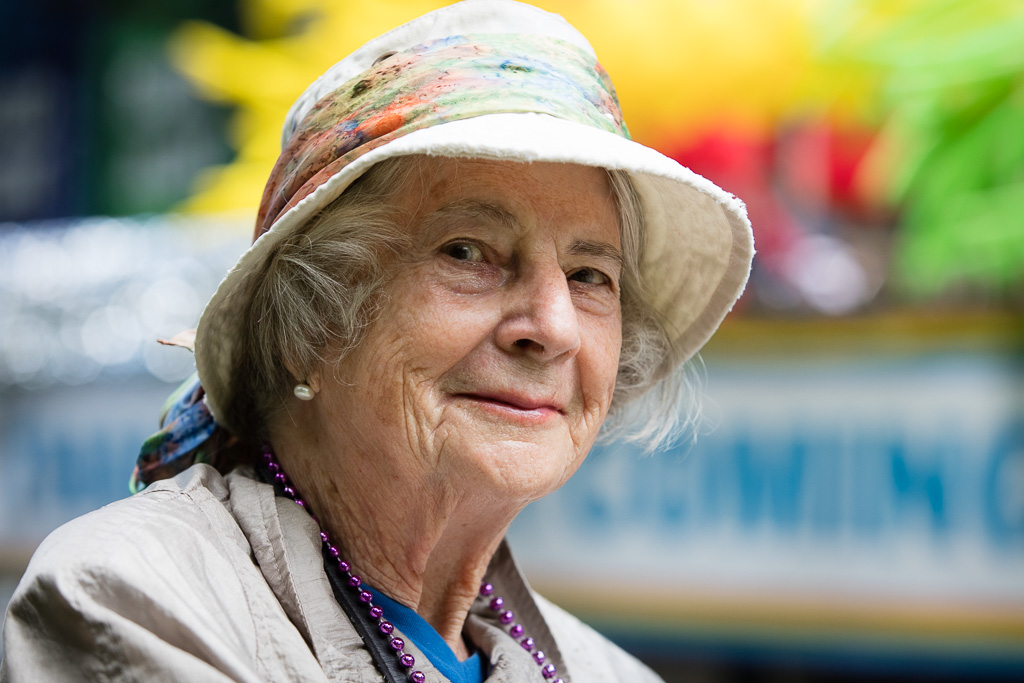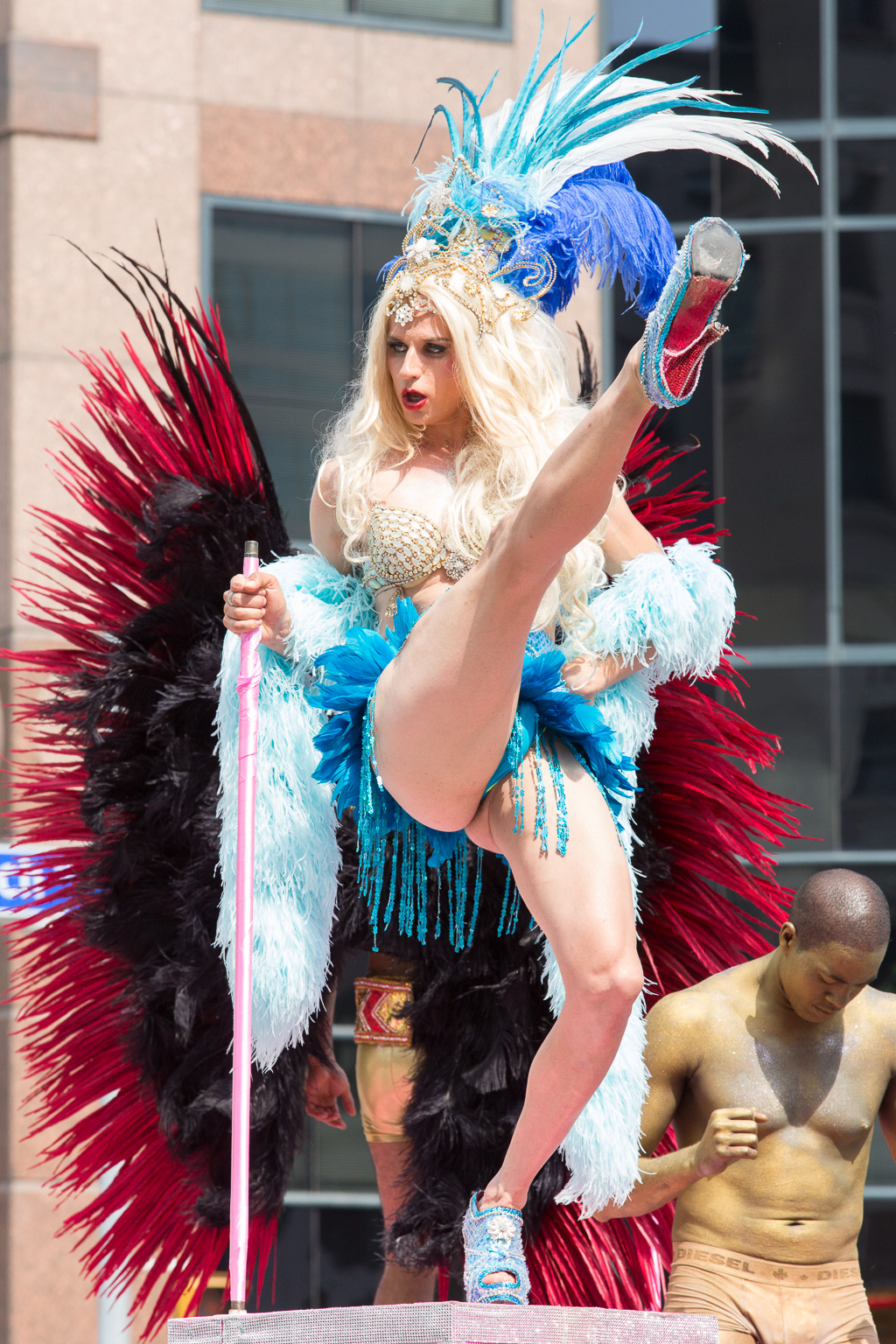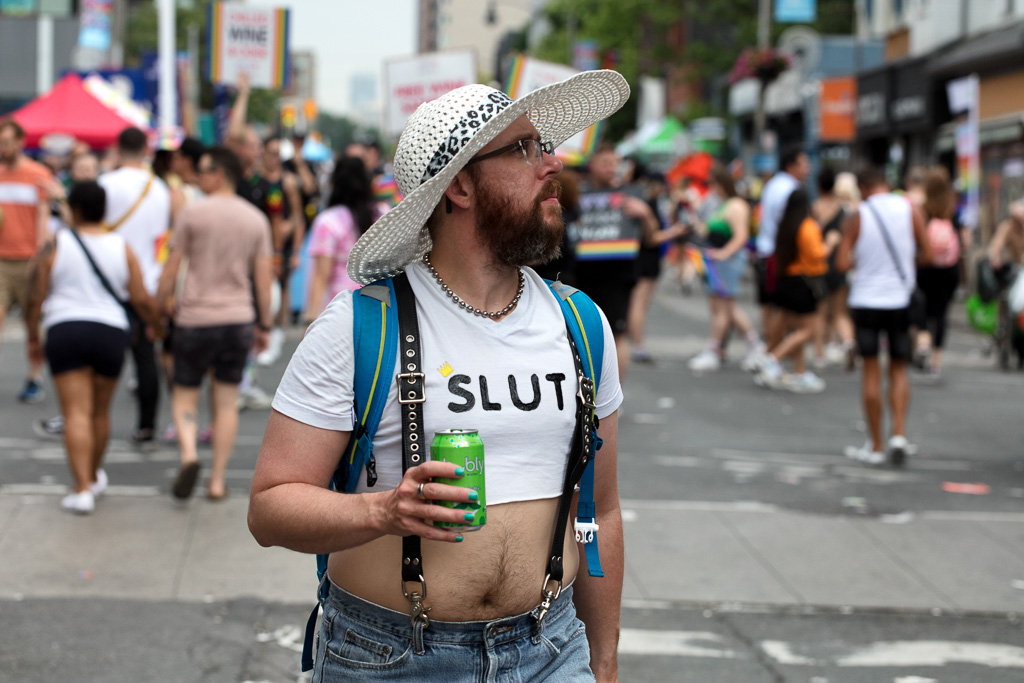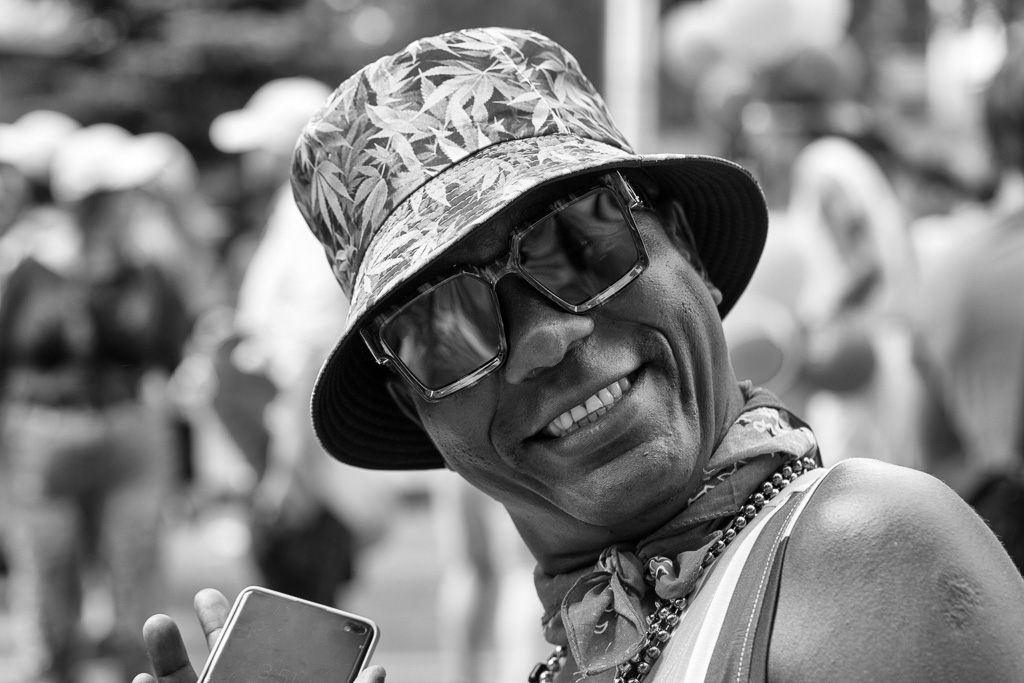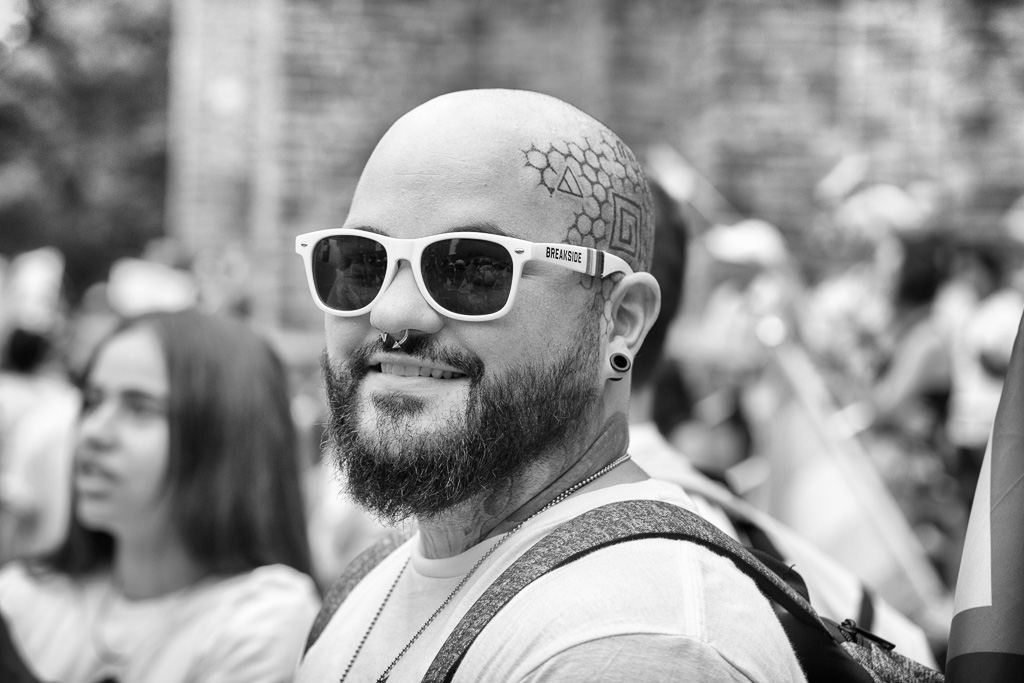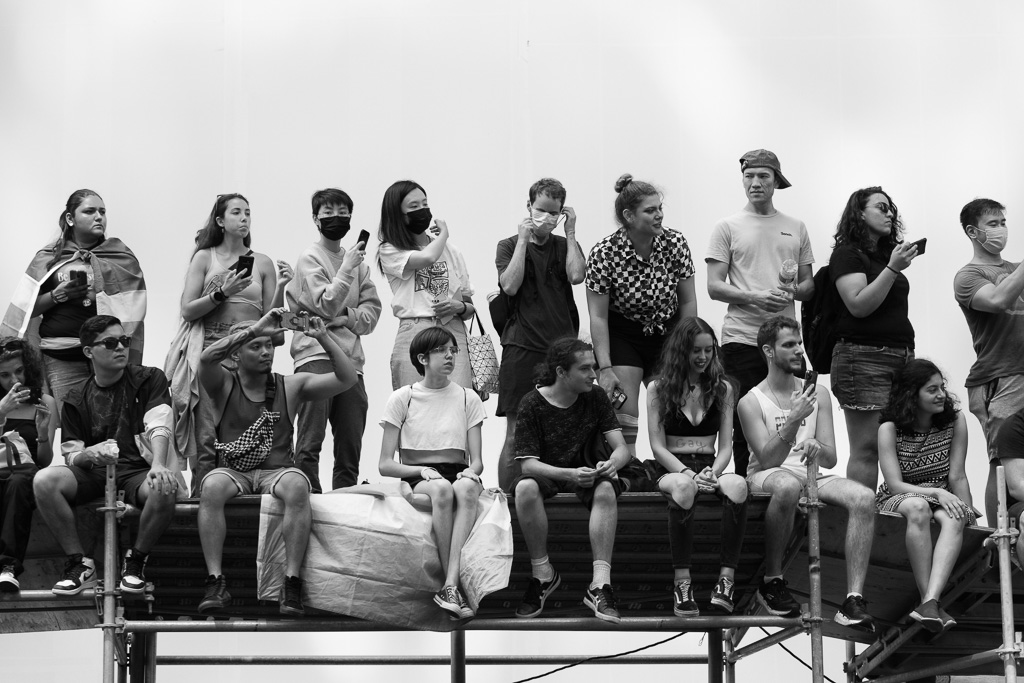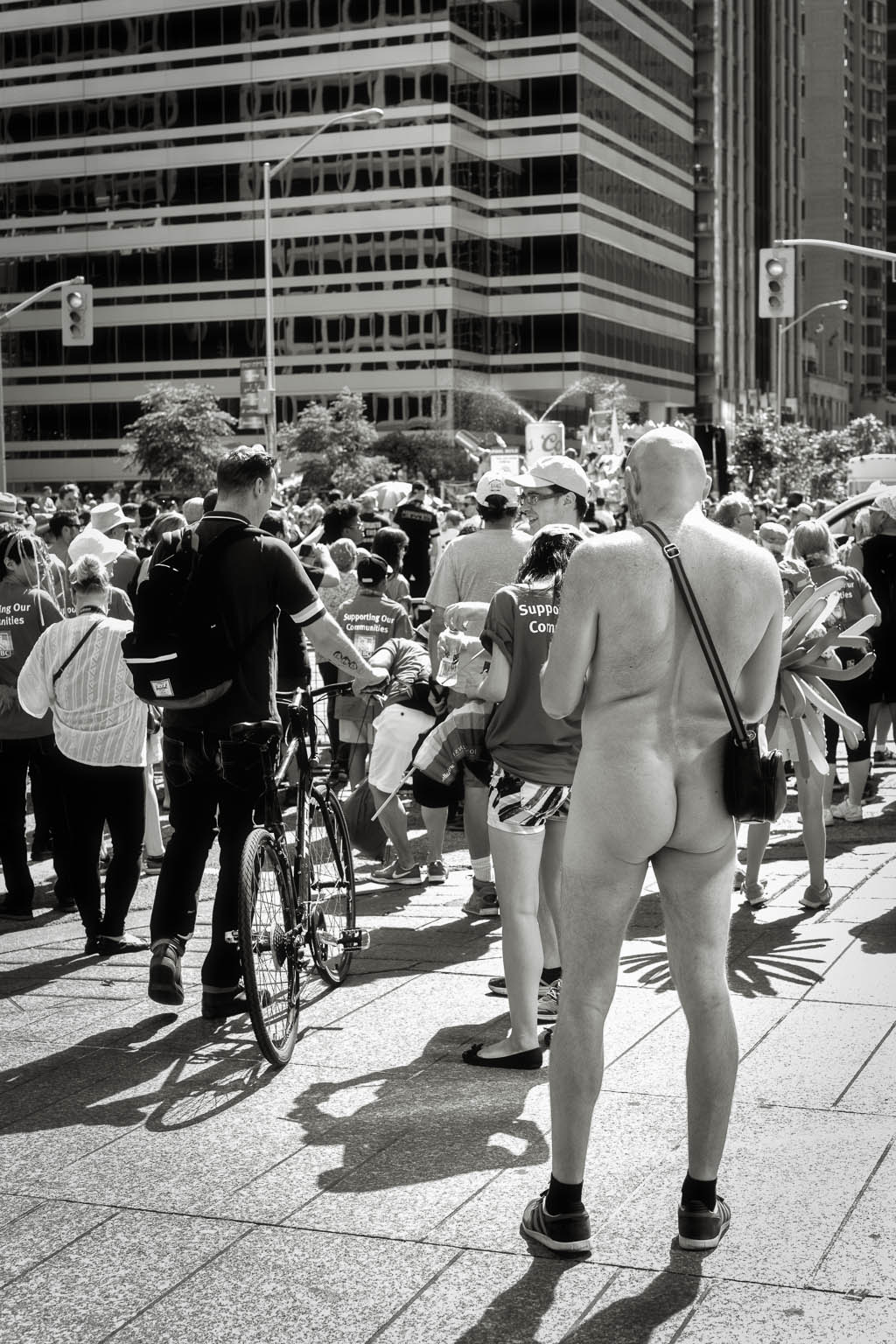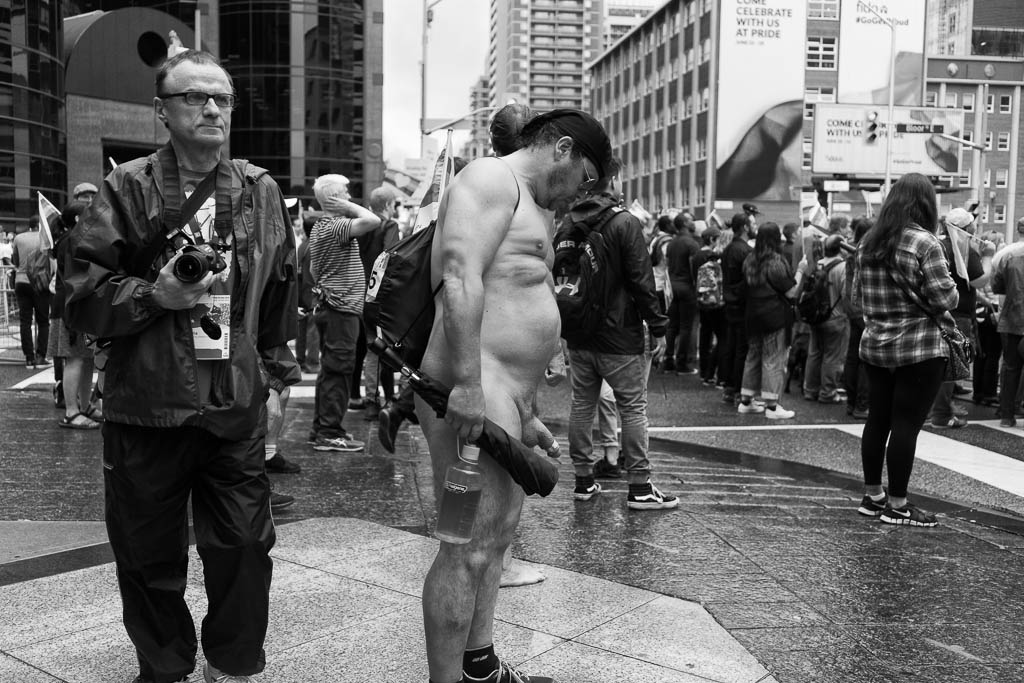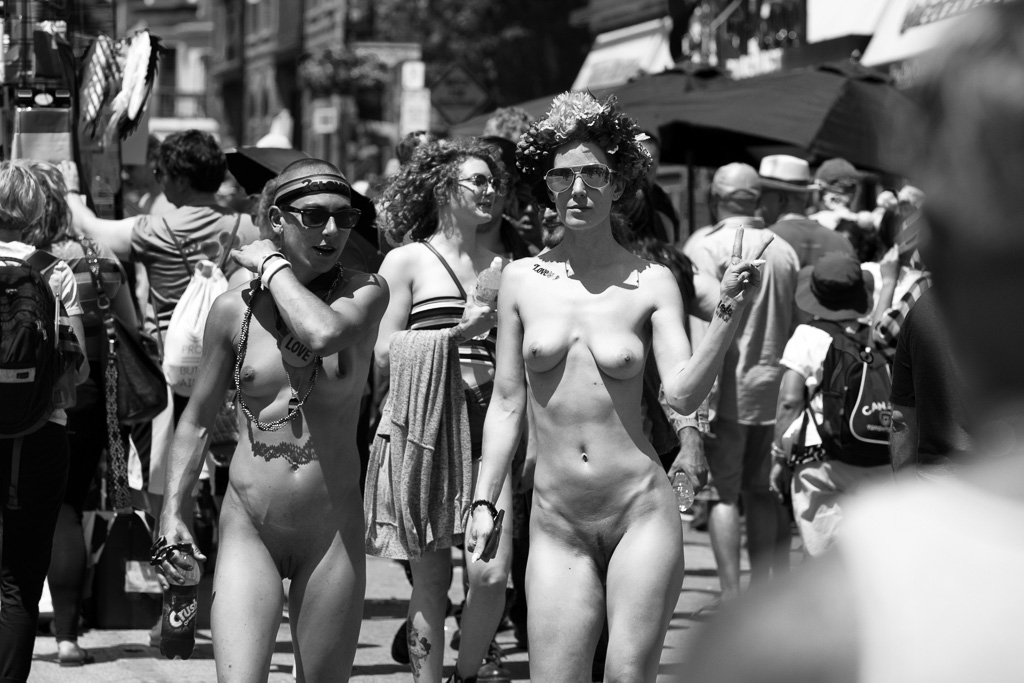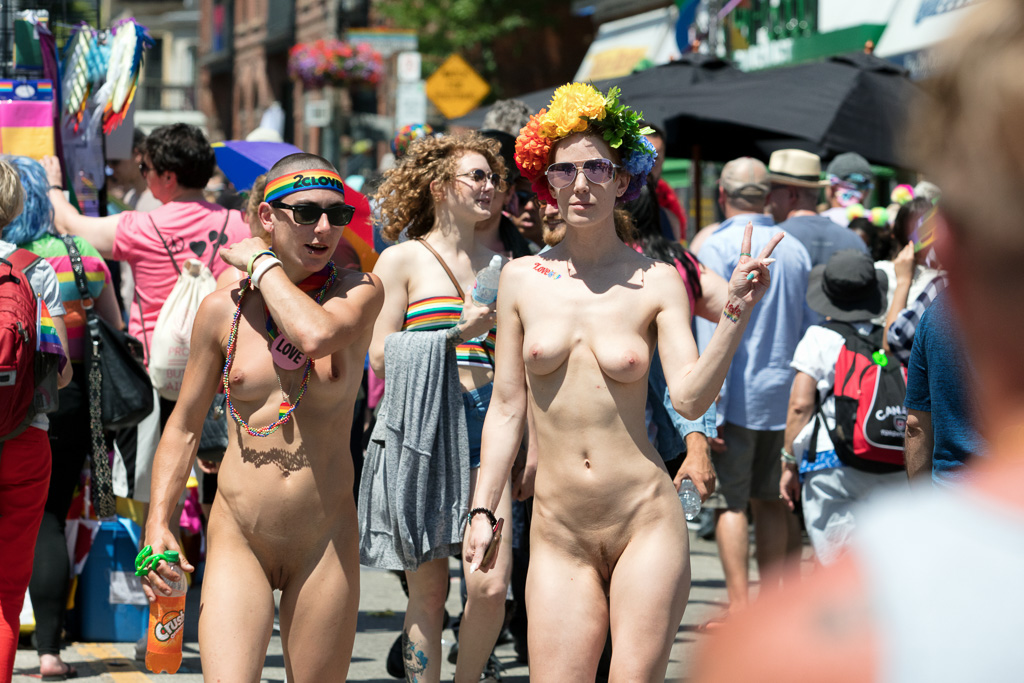As Scheherazade drew her thousandth story to its close, she knew her master, Shahryar, would expect her to begin the next story. But earlier that afternoon, in the time she normally allotted for preparing the next day’s offering, she had discovered to her horror that she was stricken with that most dreadful of creative afflictions: writer’s block. The well of her creative waters had run dry.
Scheherazade did everything within her power to start the waters flowing afresh. First, she took a long walk in Shahryar’s gardens. When that failed to help, she paused by a window and listened to the musical stylings of an itinerant minstrel singing just beyond the palace walls. She thought surely a sad ballad would prod her imagination. But, again, her mind lay barren. Finally, she sought out her sister and they took turns recounting memories of their shared childhood. But this prompted nothing she hadn’t already fashioned into a story to satisfy Shahryar’s insatiable narrative appetite.
Scheherazade knew how matters had played out when her predecessors failed to please their sovereign. He had ordered them beheaded, and moved on to the next. With a trembling voice, the young woman concluded her thousandth story, the story she had begun on the preceding night, then paused and in that silence heard the thudding of her own terrified heartbeat. Shahryar prompted her with his eyes. Haltingly, Scheherazade confessed that she had no more stories; the spring of her creativity, which had once burbled to overflowing, now offered the merest trickle.
At first, a shade descended over the Shahryar’s face and Scheherazade fully expected the man to pass a sentence of death. But the shade lifted as quickly as it had fallen, and the man smiled and declared that a thousand tales is a wondrous thing. Besides, his acolytes had transcribed her every word almost the instant it issued from her lips, and he had arranged for those words to be bound between ornate covers so that he could revisit them any time he wished. The pleasure of her nightly visits had not evaporated, but could be summoned at will.
With those words, Shahryar leaned towards the young woman, lowering his voice and assuming a confessional tone. I must tell you, he began, when I examine the progress of my feelings these last thousand nights, I find that love has blossomed where I had thought there was only rocky ground. It defies all expectation, but I suppose that is the way with love. And so I wish to take you as my queen.
Scheherazade was widely read, or at least as widely read as is possible for a young woman living amongst the Taliban. And in her reading, she had stumbled upon critical feminist theory and was able to apply its teachings to the dynamic at play between her and her sovereign. Although he had declared his love for her, she recognized that the man had a child’s comprehension of what it means to love. For him, love was a transactional proposition. But when a man routinely engages in non-consensual sex with virgins then beheads them on the following morning, it is clear that he is a psychopath, and a momentary suspension of the violent habit to hear a few stories will not change that fact.
By any account, a thousand stories is a good run. Scheherazade had done her best to defer the violence, not only out of self interest, but also out of a desire to protect her sister. If something happened to Scheherazade, she knew her father would not hesitate to surrender her sister into Shahryar’s keeping, just as he had not hesitated to surrender her nearly three years before. Such a cowardly man! Her stories had protected both her and her sister from the wrath of a powerful psychopath, but she could think of nothing that would protect them now from the mincing prostrations of a father without a spine.

